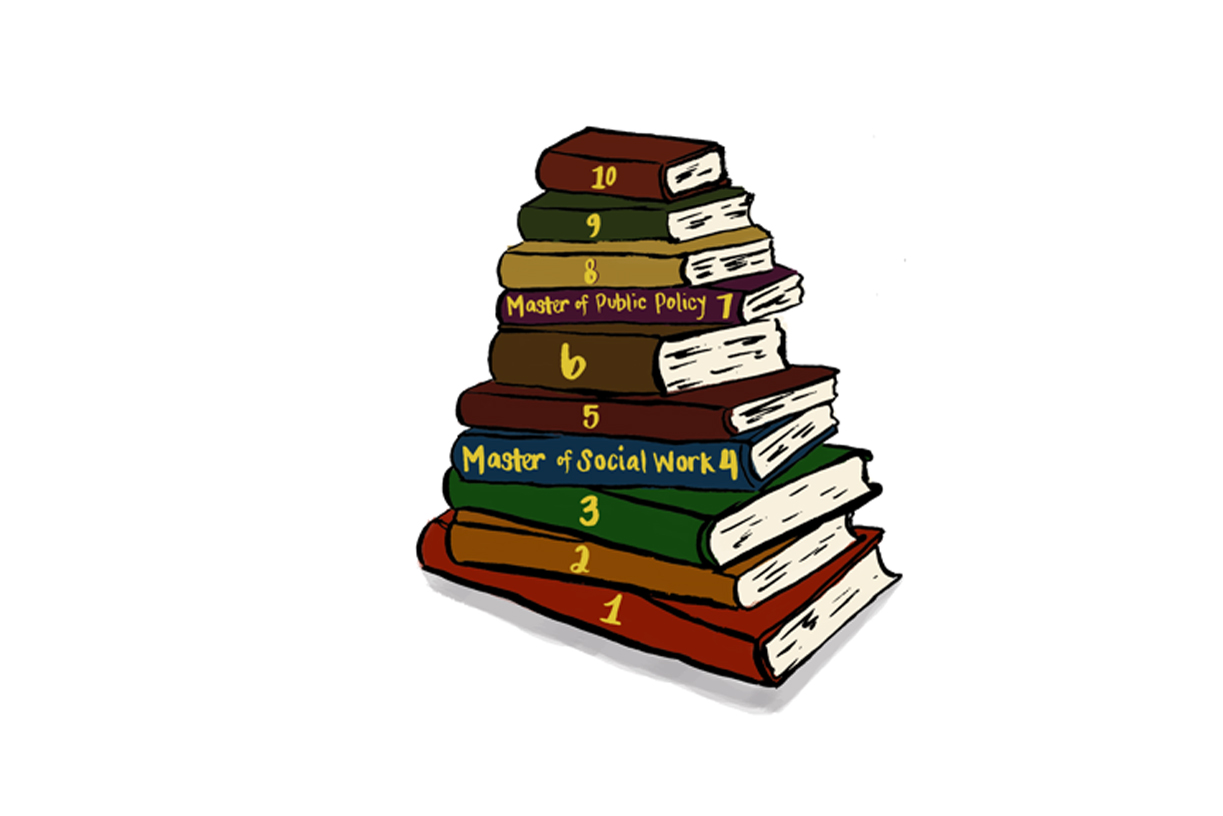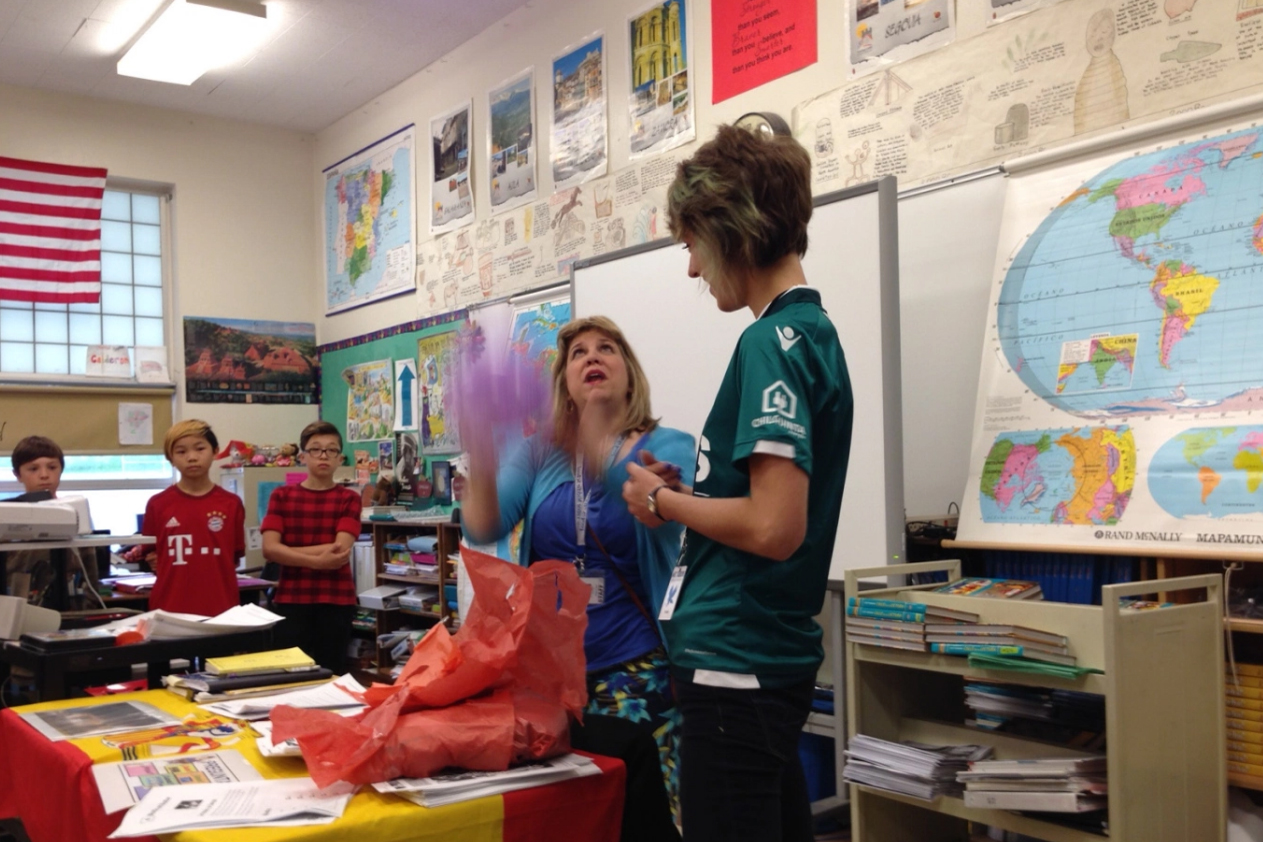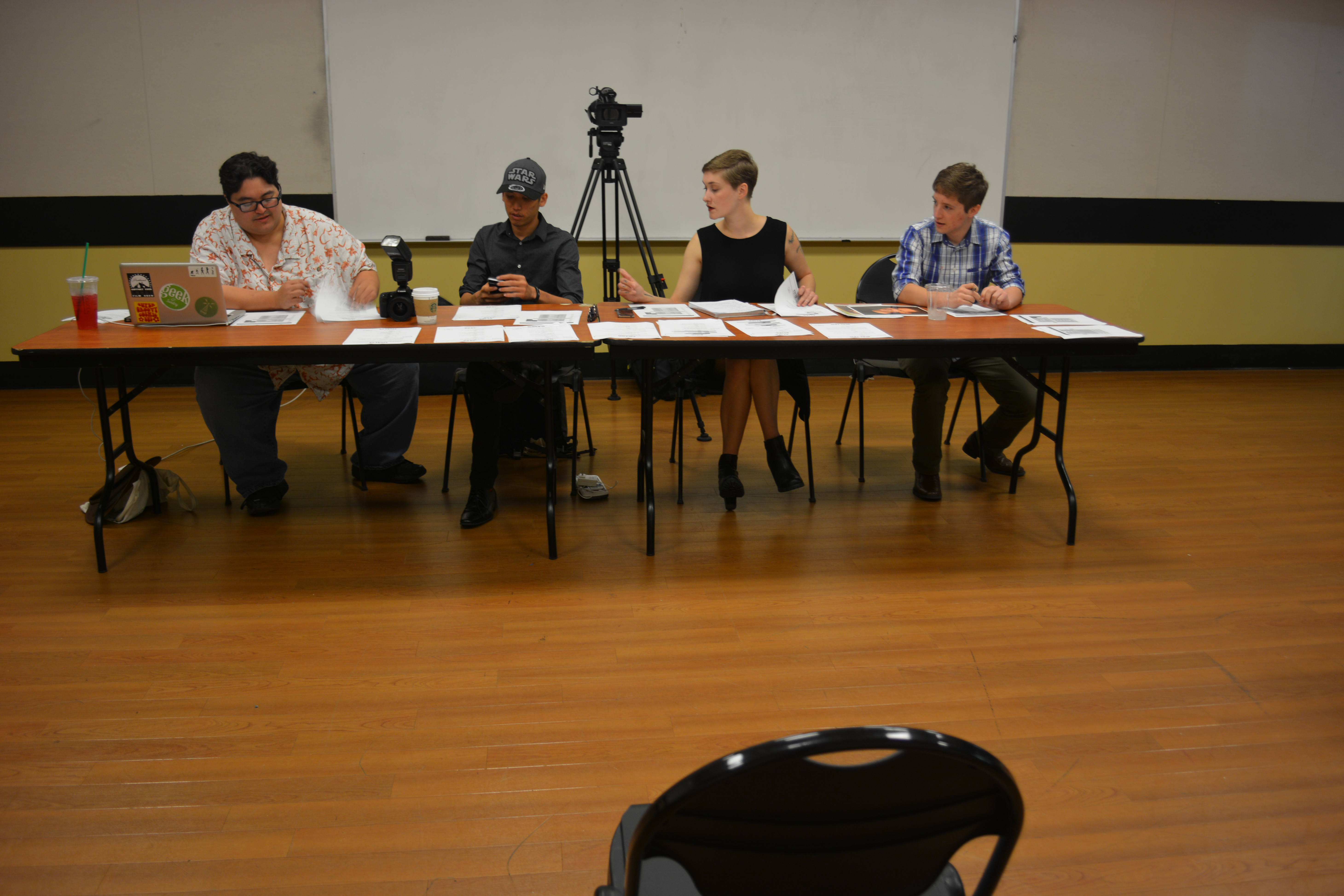Two graduate programs at Portland State were nationally rated by SR Education Group, an organization aimed at helping prospective students find the right college and some of the top graduate programs in the country.
The ratings, for the Master of Social Work and the Master of Public Policy programs, were based solely on alumni and student respondents.
Though the national recognition that SR Education’s ratings provide may have a positive influence on the university, the ratings are only based on nine student respondents for the School of Social Work and six student respondents for the public policy program.
The School of Social Work ranked 17 out of 50 top graduate schools, while the public policy program ranked 18 out of 25. Harvard University was number one.
Each university’s ranking was based on seven categories rated on a five-star scale: campus safety, career advising, quality of instruction, student diversity, networking opportunities, student financial services and satisfaction with degree.
PSU’s Master of Social Work was rated 4.14 in satisfaction and had the highest individual rates between quality of instruction, student diversity and satisfaction with degree.
The Master of Public Policy was rated 3.9 in satisfaction where career advising, networking opportunities and satisfaction with degree rated the highest.
Both programs had a 100 percent recommendation rate.
Sarah Bradley, MSW program director in the School of Social Work at PSU, praised her program’s faculty as one of the pillars that makes this program excel saying that their strong research and work in the field directly reflects on the classroom.
“Overall, I thought it was an incredible education,” stated Eric Lawson, who just graduated from the MSW program.
“I think the School of Social Work needs to set up some sort of class or seminar on dealing with triggers,” Lawson added. “There is a lot of pain that people go through in the program and I think having some sort of training on how to communicate that would help.”
This past spring, the School of Social Work also nationally ranked among the top 25 percent of social work programs by the U.S. News & World Report based on information they collect from other social work programs in the U.S.
The MPP was launched in January 2015 but is a rapidly growing program. A benefit of this, as one student reviewer in the program wrote in SR Education Group’s report, is that because “[the program] is so new, those who are enrolled have a lot of feedback involved in shaping the academic process.”
Because of the low number of respondents and the survey model taking data only from those who choose to speak up, this one survey cannot prove to be an overall portrayal of the top graduate universities. It does, however, provide a national platform for PSU to advertise to prospective students.
According to Taitum Ridgway, a SR Education Group representative, PSU’s 4.14 student satisfaction rating in the MSW program and 3.9 satisfaction rating in the MPP program both with 100 percent recommendation rates are impressive, regardless of the limited number of responses.
“Of course additional reviews would improve our ability to accurately reflect overall student opinion,” he said. “We’re continually striving to collect more reviews so that future rankings may benefit prospective students even more.
“One reason for a low number of respondents could be that students and alumni are often not aware of just how impactful their experience and insight could be.”
His organization puts more value on first-hand experiences than on brochures, school visits or faculty testimony.
Ridgway encouraged students to fill out these surveys in order to increase accuracy of the ratings and to provide insight for prospective students.
A survey out of University of California, Los Angeles, in 2010 revealed that college rankings, particularly out of magazines, are the 11th most prominent deciding factor in where a student decides to go to college for undergraduate studies. It stood below financial aid prospects, campus visits and cost of attendance, among other factors.






